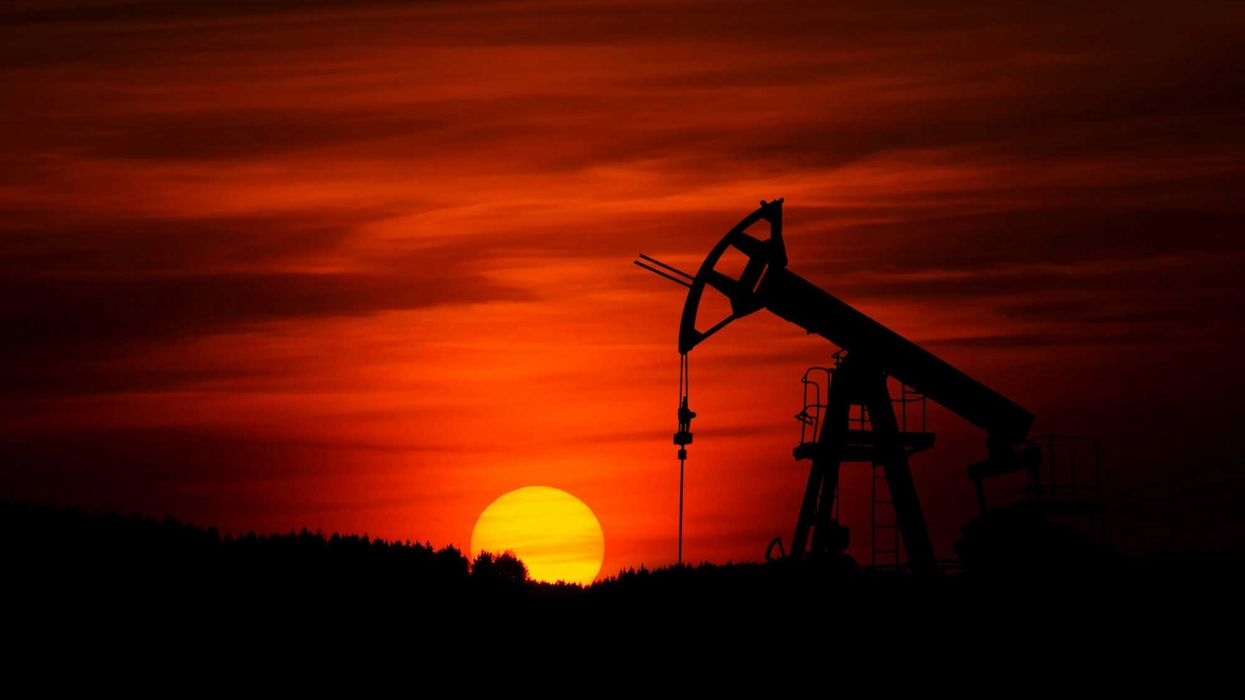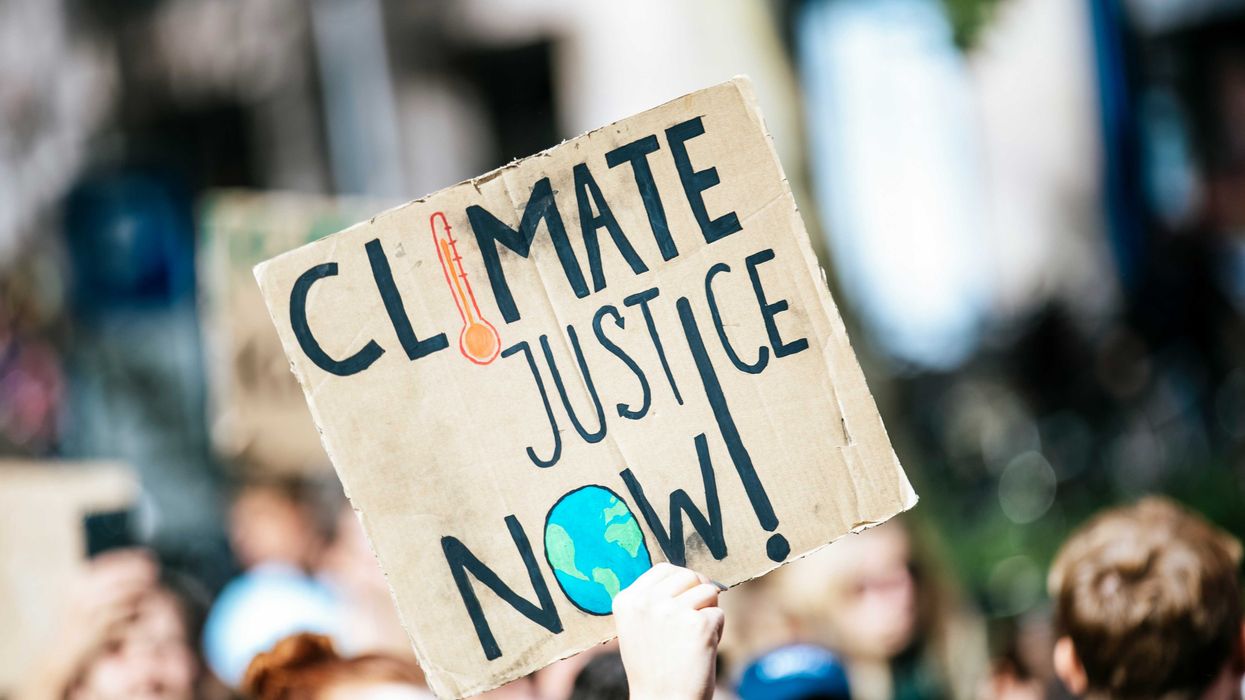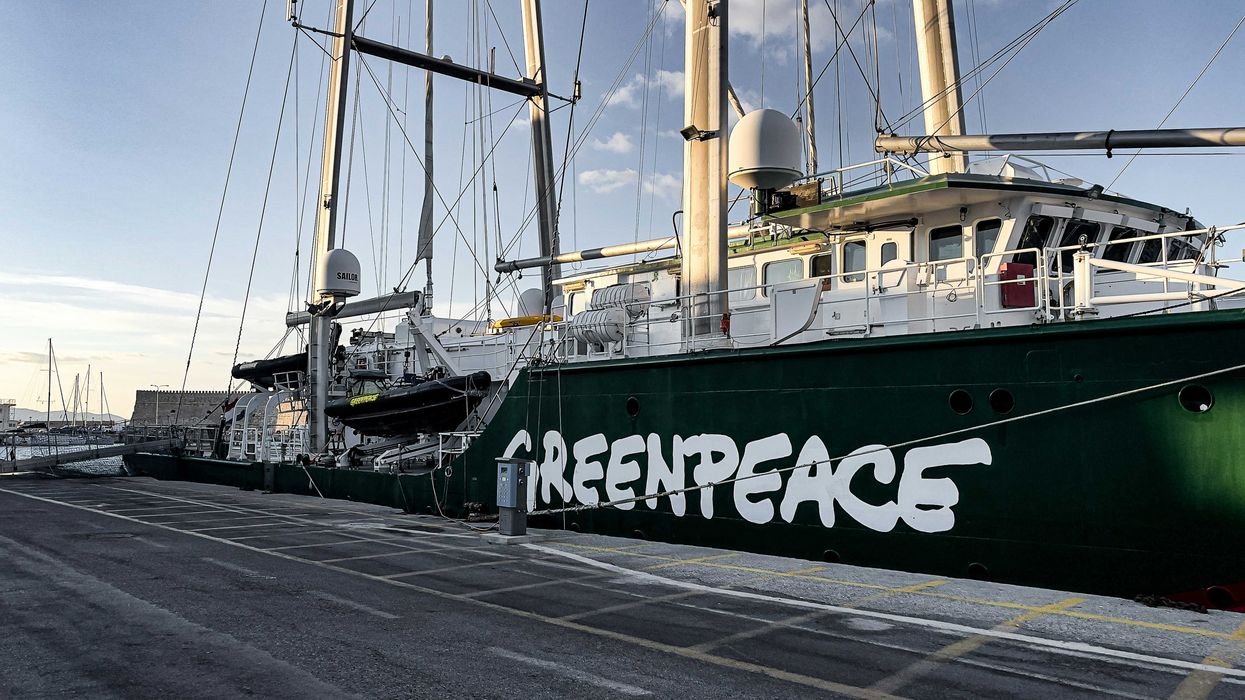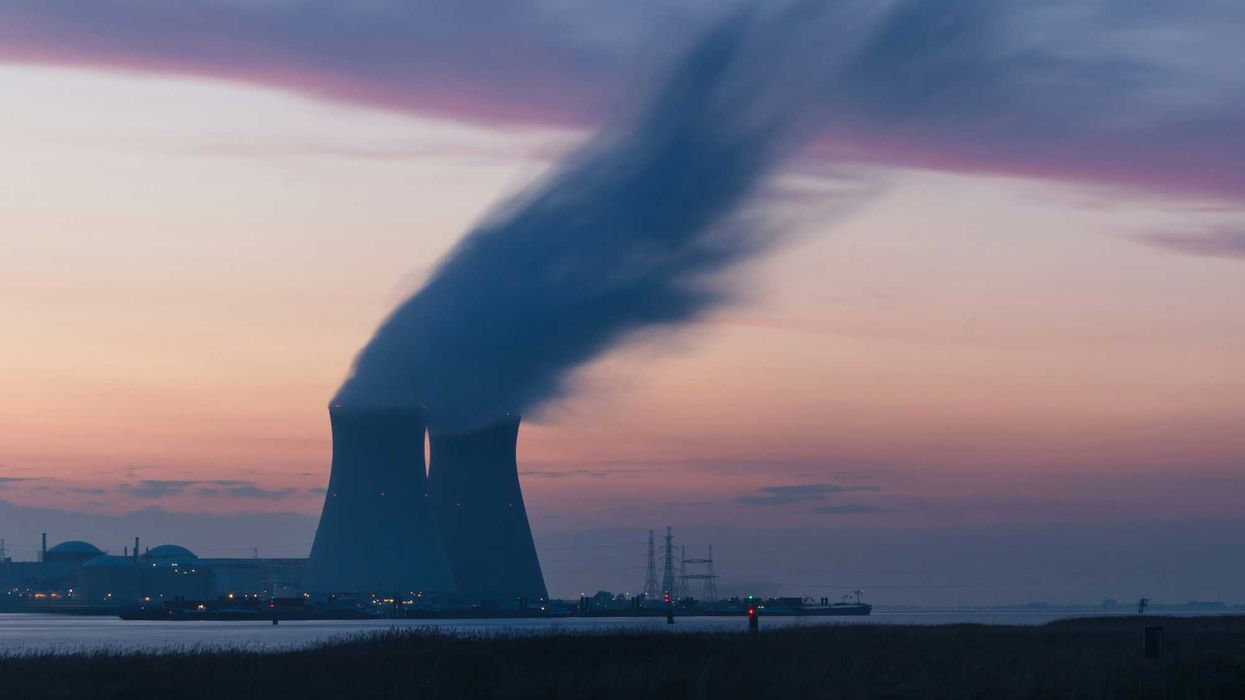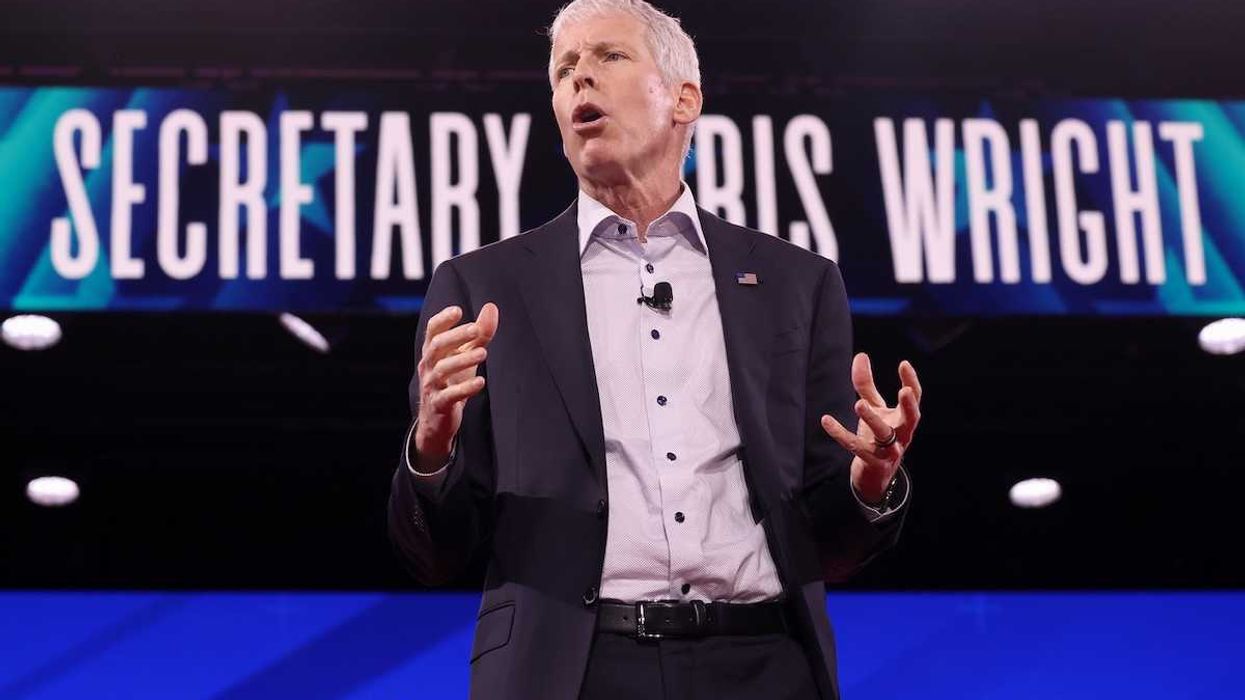The Xatśūll First Nation returned to court last week seeking an injunction to stop the Mount Polley mine from expanding its tailings dam, warning that using the facility again could risk irreversible environmental harm.
Amanda Follett Hosgood reports for The Tyee.
In short:
- The Mount Polley mine's tailings dam, which collapsed in 2014, may soon resume receiving mining waste after the British Columbia government approvals to raise the dam by four meters. The Xatśūll First Nation has asked the court to block this move until a judicial review is complete.
- Experts say the legal odds are against the First Nation. Historically, Canadian courts have been far more likely to grant injunctions requested by industry than those filed by Indigenous communities, particularly in disputes over land and resource extraction.
- The mining company, Imperial Metals, faces 15 federal charges stemming from the 2014 breach but continues to operate. The First Nation argues that allowing more waste into the expanded tailings pond before the court rules would amount to irreversible damage.
Key quote:
“The egg cannot be unscrambled. There’s no way for civil engineering equipment to simply suck back out the tailings if the authorizations are quashed. That is the key aspect of irreparable harm that we’re advancing on this issue.”
— Keith Brown, lawyer for Xatśūll First Nation
Why this matters:
Tailings dams hold back the toxic waste left over from mining operations, which is often laced with heavy metals, chemicals and slurry. When they fail, as Mount Polley’s did in 2014, they can devastate watersheds, contaminate fish habitats, and disrupt entire ecosystems for decades. Even now, questions remain about long-term impacts on Quesnel Lake and the surrounding Fraser River system, vital to salmon populations. Indigenous communities like the Xatśūll, whose territories overlap with these resource zones, face the brunt of the risks but often lack equal standing in court to prevent projects they oppose. The ongoing legal battle also reflects deeper, unresolved conflicts over land rights and environmental decision-making in Canada.
Read more: B.C. plan to speed up resource projects raises concerns over Indigenous rights



